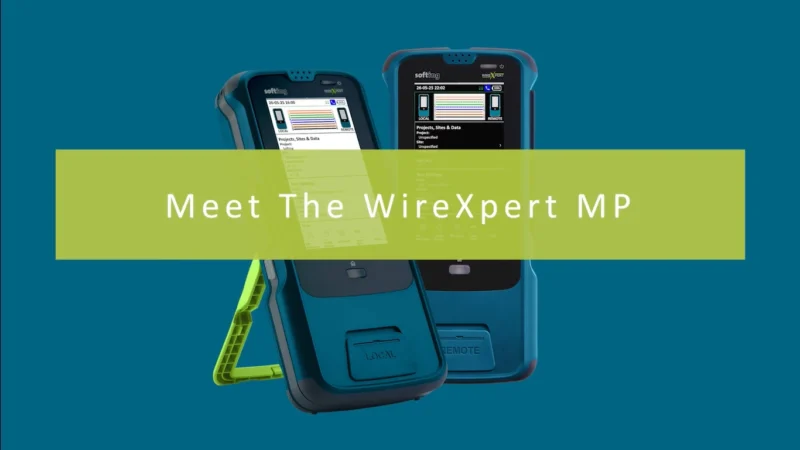Will Right to Repair Laws Open Up the Tech Industry?
Bringing together leaders, lawmakers and lawbreakers. Host Luke Fox explores how innovations in business and technology are redefining our trust in security measures.
Most people consider consumer electronics disposable. There’s always a new shiny version available, but do consumers really need a new phone or device every year? Should consumers just trust manufacturers? It’s a complex issue, and host Luke Fox welcomed Kyle Wiens, an expert on the subject and founder of iFixit, a repository of repair guides for consumer electronics.
He was inspired to create iFixit when he needed to repair an iBook and found no manual online. They didn’t exist, and that’s how the story started. This move actually forced Apple to offer free maintenance and service docs, something others have not.
However, iFixit doesn’t have resources for every electronic. “Over 20,000 new gadgets are released at the Consumer Electronics Show every ear. It’s not viable for consumers to do the work that manufacturers should,” Wiens noted.
This could change with right to repair laws. In this model, Wiens explained, “There are three legs to it—the information, special tools and software, and the parts.”
Right to repair isn’t a new concept; it’s standard in the automotive industry, but tech manufactures want you to trust them for the life of the product. Wiens contended that shouldn’t be consumers’ only option.
New laws to enable this are on the table. The problem goes beyond consumer electronics to medical devices and farm equipment. They suffer the same challenges, and Wiens explained a scenario with ventilators. “If biomedical technicians in the hospital can’t fix it, it requires a service call, and that causes delays.”
Wiens also spoke about how electronics went from purely mechanical to software-driven, which means the manufacturers must pony up the info and tools. Their argument on why they don’t is rather hollow. “They say it’s a safety concern, a cybersecurity risk, or it’s protecting their intellectual property.”
These arguments don’t make much sense and likely damage the trust those manufacturers so desire to create.
Catch Up On Previous Episodes of The Trust Revolution!
Follow us on social media for the latest updates in B2B!
Twitter – @MarketScale
Facebook – facebook.com/marketscale
LinkedIn – linkedin.com/company/marketscale









